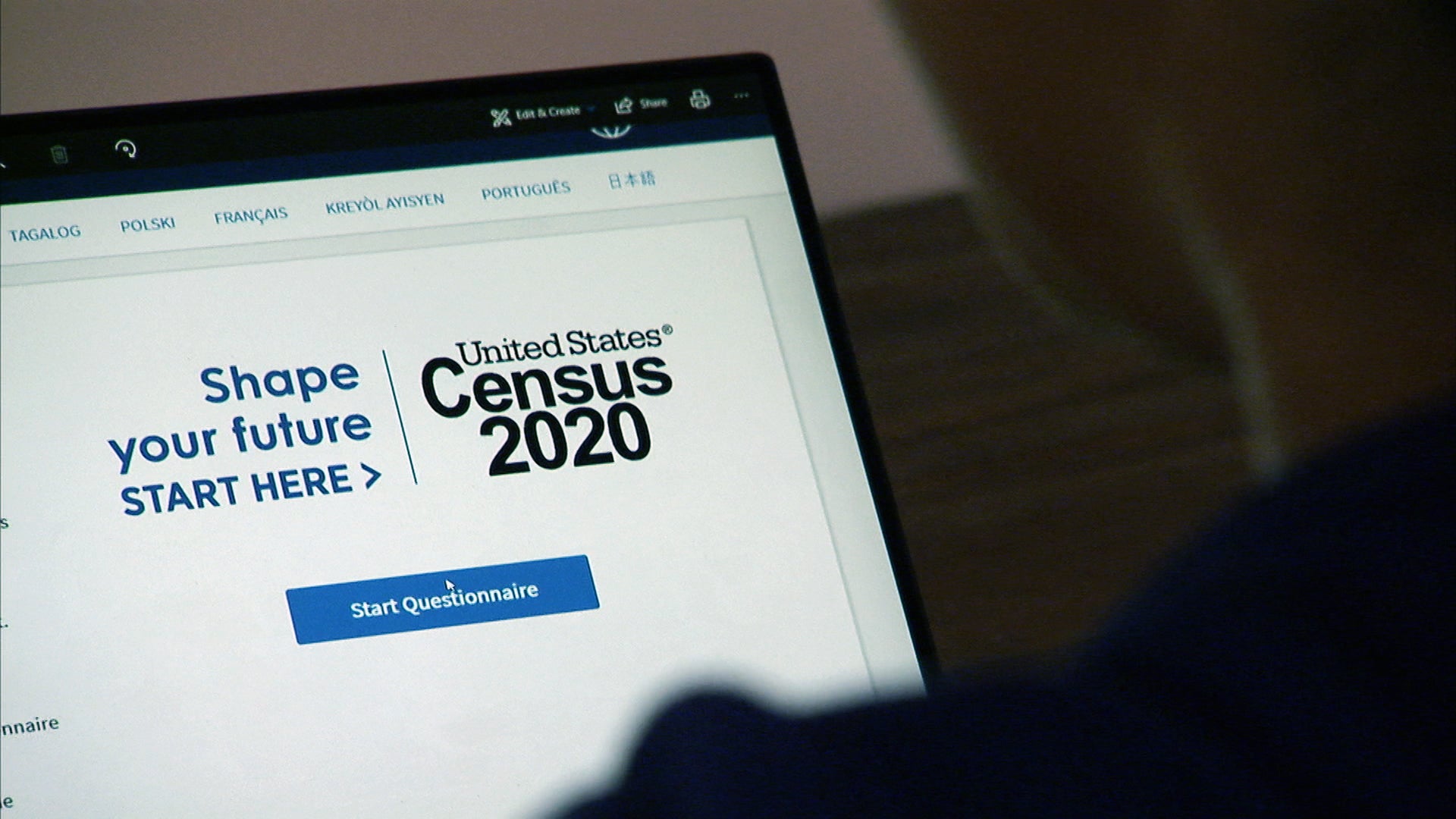
Originally written by Ann Taecker, former SDSU Extension Community Vitality Field Specialist.
The 2020 Census will provide a snapshot of our nation—who we are, where we live, and so much more. The 2020 Census will provide data that will impact communities for the next decade, inform hundreds of billions in federal funding every year, and determine congressional representation.
Over the next decade, lawmakers, community leaders, business owners, and many others will use 2020 Census data to make important decisions about how their community develops. The results will show leaders and decision makers where communities need new facilities, infrastructure and services for all sectors of the community. Census results influence transportation infrastructure including highway construction, grants for buses, and public transit systems. Education benefits in the form of grants to support teachers, special education and Head Start Programs. Census data also results in aid to support rural areas, restore wildlife, prepare for wildfires, and to provide housing assistance for older adults. All are important services to rural South Dakotans.
That’s why it’s important that we all respond to the 2020 Census. Responses could lead to more jobs and new businesses in your community. Business owners use population statistics to help decide where to add jobs or open new stores, offices or other businesses in communities across the country.
Business owners and community planners can access a rich set of Census data such as population trends and growth projections. Armed with this information, a business owner can make informed decisions about where to open new stores, expand existing operations, and which products and services to offer based on the makeup of the community. A community made up of largely young families will want to recruit day cares and add new parks where a community made up largely of citizens approaching retirement age will serve their community better by exploring retirement and assisted living facilities.
Customers in some areas may also prefer a particular kind of retail experience — an insight that can help small business owners stay competitive. Take the restaurant owner in Albuquerque, New Mexico, who several years ago was debating whether to add drive-through windows to his restaurants.
The restauranteur approached Andrew Hait, a Census economist after a presentation to ask if the Census Bureau had any information that could aid in his decision. They scoured available stats together and discovered that, at that time, 34% of restaurant sales in New Mexico were made via drive-through windows.
“It’s the highest (percentage) in the nation,” Hait said. Bottom line is that the restaurant owner was losing potential business without a drive-through option for customers.
Three years later, the man came up to Hait at another presentation and gave him a hug. He had just paid off the 10-year small business loan he took out to install the drive-through windows (America Counts Staff, 2019).
Census Bureau data can help entrepreneurs do their homework — and then some. To find South Dakota Census results, visit this webpage.
The official start date of the 2020 Census was April 1, 2020. All addresses should have received mailings with instructions on how to be counted. The public can respond to the 2020 Census online, by phone or by mail. Due to staffing adjustments driven by guidance from federal, state and local health authorities regarding COVID-19, the Census Bureau is working to mitigate the impact on 2020 Census call centers. In limited instances, these staffing adjustments have led to increases in call wait times, affecting different languages at different times. Census personnel are actively working to reduce these wait times as we continue to offer phone support in English and 12 additional languages. Every census response is important, and the Census Bureau appreciates your patience as we respond to incoming requests.
All households are reminded that they can respond online anytime at 2020census.gov in the following languages: English, Spanish, Chinese, Vietnamese, Korean, Russian, Arabic, Tagalog, Polish, French, Haitian Creole, Portuguese and Japanese. The Census Bureau also offers webpages and 2020 Census guides in 59 languages, including American Sign Language, in addition to guides in Braille and large print.
Every single South Dakotan counts and should be counted. Encourage your community members to make sure they are counted for the benefit of your community and our state.
References
- 2020Census.gov. (n.d.). Impact in Your Community. Retrieved Apr 2, 2020, from United States Census 2020.
- 2020Census.gov. (n.d.). Importance of the Data. Retrieved Apr 2, 2020, from United States Census 2020.
- 2020Census.gov. (n.d.). Spread the Word. Retrieved Apr 2, 2020, from United States Census 2020.
- America Counts Staff. (2019, Oct 16). Yes, Data Can Make or Break a Business. Retrieved Apr 2, 2020 , from United States Census Bureau.
- Public Information Officer. (2020, Apr 2). U.S. Census Bureau Statement on 2020 Census Call Centers. Retrieved Apr 2, 2020, from United States Census Bureau Newsroom.
- US Census Bureau. (2019). Quick Facts South Dakota. Retrieved Apr 2, 2020, from United States Census Bureau.


